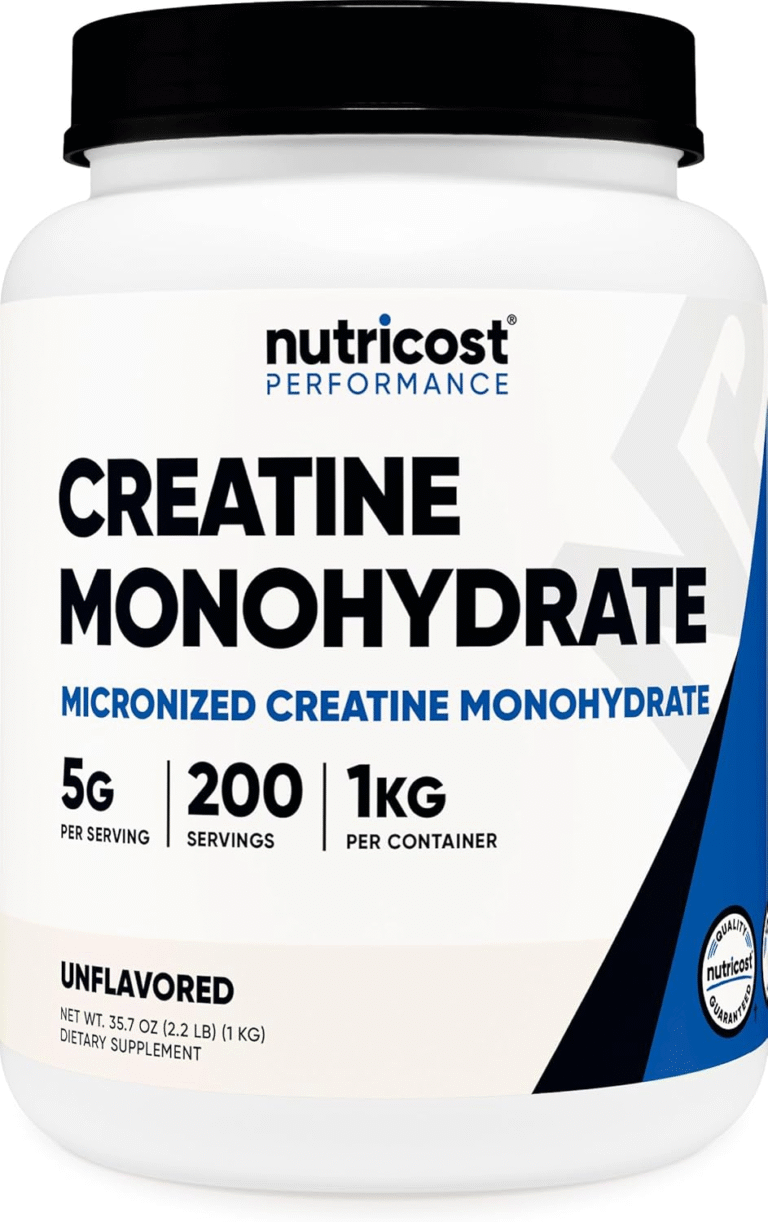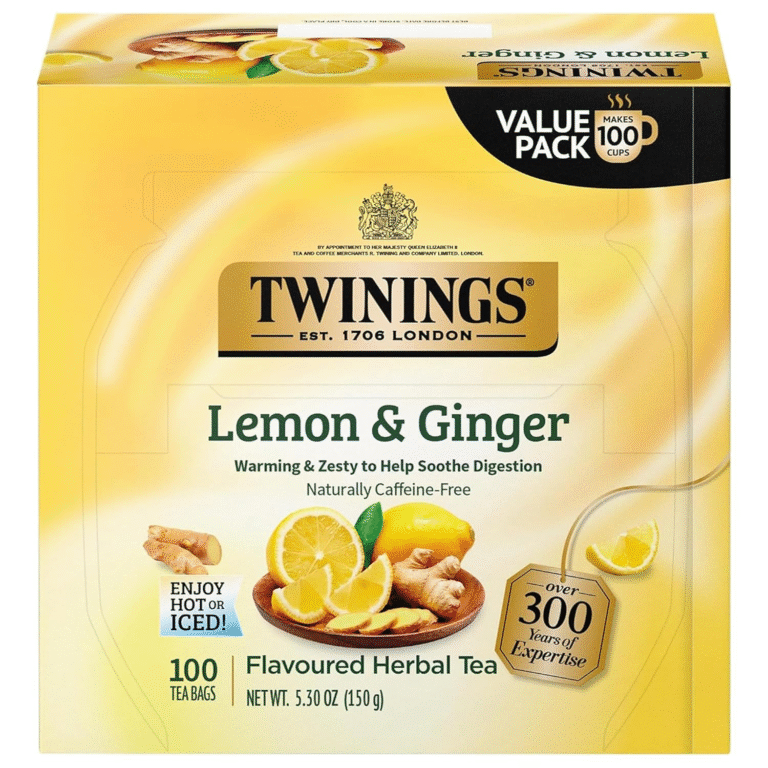Aneurysms are weakened, bulging areas in blood vessel walls that can form in the brain (cerebral) or aorta (abdominal or thoracic) and pose serious health risks if they rupture. While medical treatments like surgery or monitoring are essential, emerging research suggests certain supplements may help support vascular health, reduce inflammation, and lower the risk of aneurysm progression or rupture. These are not cures or substitutes for professional medical care—always consult your doctor before starting any supplement regimen, especially if you have an existing aneurysm or are on medications.
Based on scientific studies and reviews, here are five of the most promising supplements backed by evidence for aneurysm management. We’ve prioritized those with anti-inflammatory, antioxidant, and vascular-supporting properties.
1. Omega-3 Fatty Acids

4.7 out of 5 Ratings
Omega-3s, particularly EPA and DHA from fish oil, are powerhouse anti-inflammatories that help stabilize blood vessel walls and reduce oxidative stress. They work by lowering inflammatory cytokines like TNF-α and IL-6, inhibiting matrix metalloproteinases (MMPs) that degrade elastin, and promoting anti-inflammatory macrophage activity.
Evidence: Animal studies show omega-3 supplementation reduces abdominal aortic aneurysm (AAA) diameter and rupture risk in models induced by angiotensin II. A human randomized controlled trial (RCT) in patients with small AAAs found 12 weeks of DHA/EPA lowered vascular stiffness. For brain aneurysms, the MIND diet emphasizes omega-3-rich foods like salmon and nuts to clear toxic proteins and protect brain health.
Dosage Suggestion: 1,000–2,000 mg combined EPA/DHA daily, from supplements or fatty fish. Side effects are rare but may include mild digestive upset.
2. Vitamin C (Ascorbic Acid)

4.7 out of 5 Ratings
As a potent antioxidant, vitamin C supports collagen and elastin production, crucial for maintaining strong artery walls. It downregulates inflammatory markers like MMP-9 and TNF-α while reducing reactive oxygen species that damage vessels.
Evidence: Higher dietary vitamin C intake is linked to a 23% lower risk of aortic aneurysm and dissection (AAD) in a large UK Biobank cohort of over 139,000 people followed for 12.5 years. Animal models of elastase-induced aneurysms demonstrate reduced AAA diameter and oxidative stress with supplementation. Synergistic effects with vitamin E amplify these benefits, especially in high-risk groups like smokers or those over 60.
Dosage Suggestion: 500–1,000 mg daily, ideally from food sources like citrus fruits alongside supplements. High doses may cause stomach issues in some.
3. Vitamin E (Alpha-Tocopherol)

4.7 out of 5 Ratings
This fat-soluble vitamin combats oxidative damage by scavenging free radicals and reducing macrophage infiltration in vessel walls. It also lowers MMP expression, helping preserve arterial integrity.
Evidence: In the same UK Biobank study, top-quartile vitamin E intake correlated with a 30% reduced AAD risk. Animal research on angiotensin II models showed a 24% decrease in AAA diameter and 44% lower rupture rates. A large RCT in male smokers found modest prevention of AAA incidence (risk ratio 0.83).
Dosage Suggestion: 15–30 mg (22–45 IU) daily; food sources include nuts and seeds. Avoid mega-doses if on blood thinners.
4. Magnesium

4.7 out of 5 Ratings
Magnesium promotes endothelial function, relaxes blood vessels, and curbs oxidative stress, potentially preventing aneurysm formation beyond just blood pressure control.
Evidence: Swedish research in Neurology linked higher serum magnesium to lower risks of intracranial aneurysm development and rupture. It’s highlighted in natural management strategies for aortic aneurysms due to its vascular health benefits. Deficiency is common and worsens inflammation, making supplementation key for at-risk individuals.
Dosage Suggestion: 300–400 mg daily (e.g., magnesium glycinate for better absorption). Monitor for diarrhea at higher doses.
5. Vitamin D

4.7 out of 5 Ratings
Vitamin D modulates inflammation and supports vascular remodeling by inhibiting MMP-9 and NF-κB pathways, while upregulating protective genes like those for contractile proteins.
Evidence: Patients with ruptured intracranial aneurysms had significantly lower vitamin D levels (16.86 ng/mL vs. 19.28 ng/mL in unruptured cases), with low levels independently raising rupture odds (OR 0.96 per ng/mL increase). Animal studies confirm reduced AAA diameter and elastin degradation. No direct human trials yet, but associations are strong in observational data.
In summary, incorporating these supplements alongside a nutrient-rich diet (like the Mediterranean or MIND diet) and lifestyle changes—such as quitting smoking, exercising, and managing blood pressure—may help mitigate aneurysm risks. However, evidence is mostly from animal models and observational studies; more human trials are needed. This article is for informational purposes only and not medical advice. If you suspect an aneurysm, seek immediate evaluation from a healthcare professional. Stay proactive about your vascular health!



